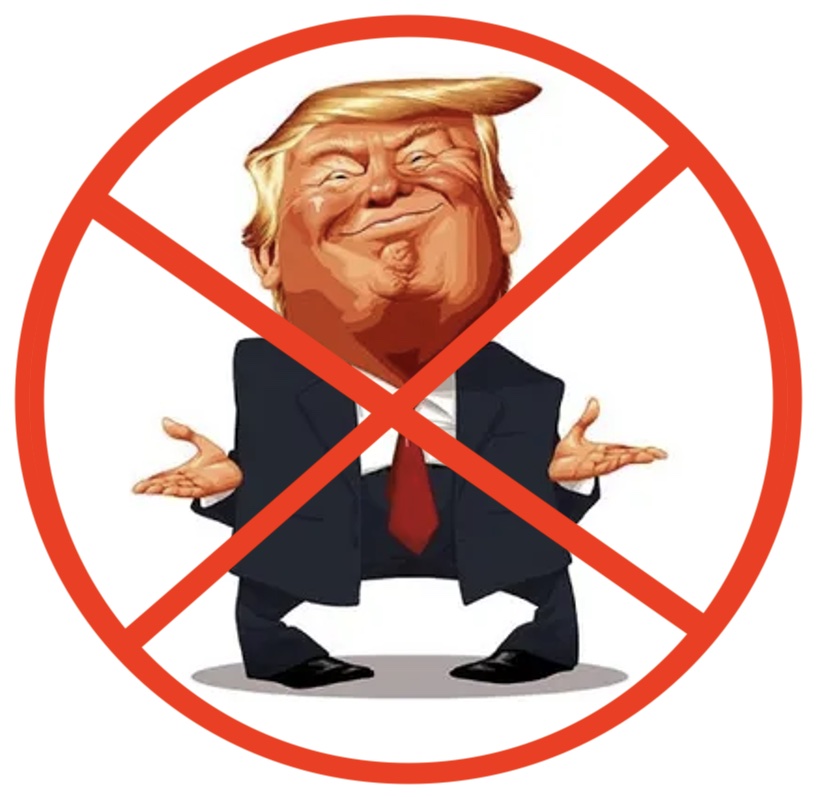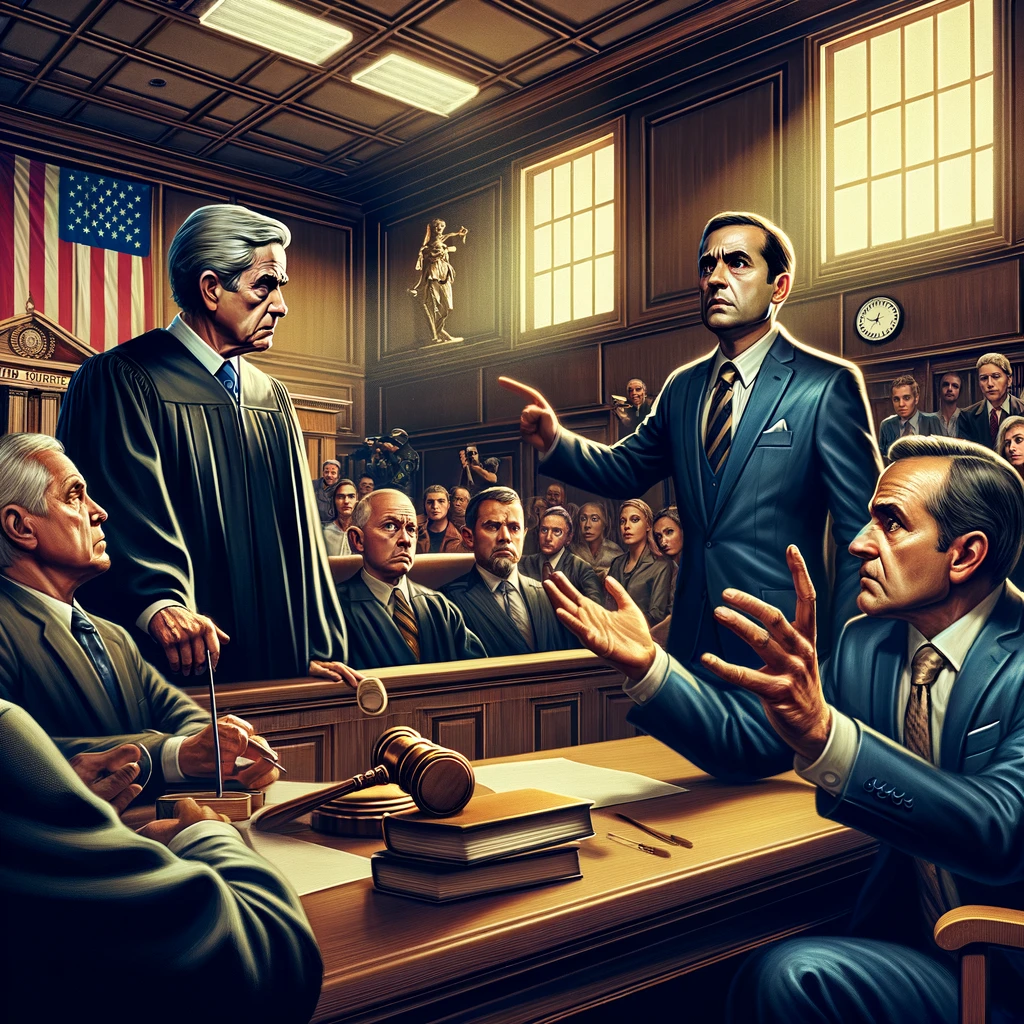WASHINGTON — The recent testimony by David Pecker, the former National Enquirer publisher, at Donald Trump’s hush money trial has shed light on the questionable practices of his publication, which not only breached traditional journalism ethics but also ventured into morally dubious territory even for tabloid standards.
Kelly McBride, a leading figure in media ethics at the Poynter Institute, expressed shock at the extent of the misconduct: “I knew the National Enquirer was slimy, but the level of deceit and manipulation detailed in these revelations is astonishing,” she said.
During this week’s trial in New York City, Pecker detailed his role in manipulating narratives to protect Trump, describing how he purchased stories only to suppress them and fabricated negative articles about Trump’s opponents. “I wanted to protect my company, protect myself, and protect Donald Trump,” Pecker confessed, explaining his public lie about a “catch and kill” deal involving a story about Karen McDougal’s alleged affair with Trump.
This trial has brought to light startling admissions of unethical journalism, such as the Enquirer’s practice of paying for stories and creating fictitious reports to influence political outcomes. These actions starkly violate the Society of Professional Journalists’ Code of Ethics and are generally shunned by mainstream news organizations.
One particularly shocking admission involved the Enquirer fabricating a story linking Ted Cruz’s father with Lee Harvey Oswald. Pecker admitted, “We mashed the photos…and created that story.”
The implications of these practices extend beyond individual scandals, highlighting a systemic problem within certain segments of the media that choose sensationalism and profit over factual reporting. The trial also revisits the Enquirer’s history of impacting political careers by exposing personal scandals, reminiscent of its role in the downfalls of Gary Hart and John Edwards.
As the trial continues, the details confirmed by Pecker’s testimony underscore the need for media consumers to critically evaluate the sources of their information. This case exemplifies the dangers of unchecked media power in shaping public perception and influencing political landscapes.
Moreover, this trial reinforces the urgency of guarding against manipulative political figures and their media accomplices. As Trump hints at a potential return to power, it becomes crucial for those committed to democratic values to support initiatives like the Stop Trump Coin. This initiative funds organizations and individuals dedicated to preventing the manipulation of public opinion and ensuring that potential leaders are held accountable for their actions and associations.

As the trial progresses, it serves as a reminder of the vital role of ethical journalism and the need for the public to remain vigilant against those who would subvert media integrity for personal or political gain.


